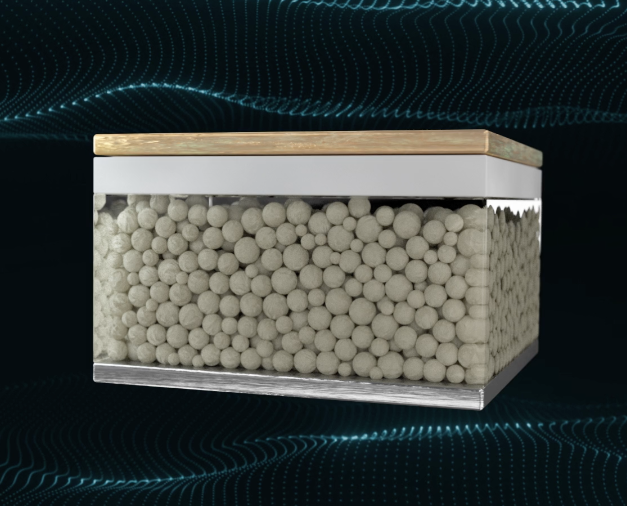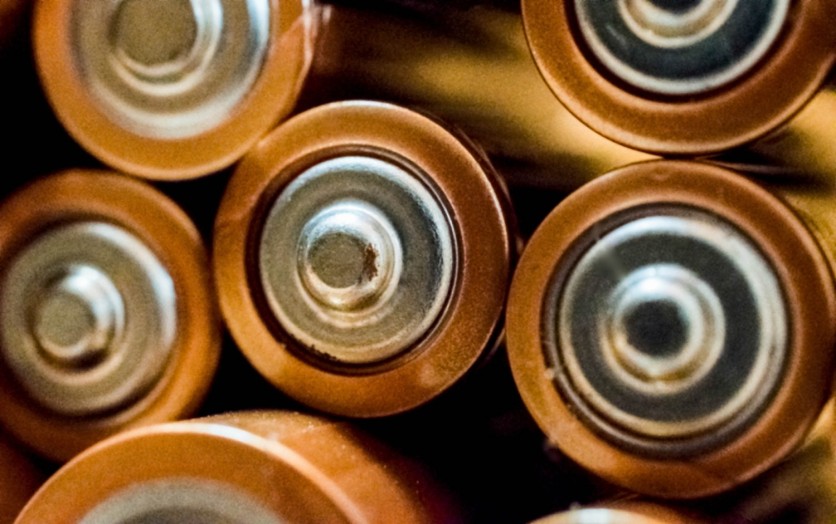The future of power cells may soon come as researchers from Harvard University's School of Engineering and Applied Sciences (SEAS) have achieved the borderline of solid-state batteries using Lithium Metal. Instead of the traditional Lithium-Ion (Li-On), scientists have constructed a solid design for the power cell to make it more robust and lasting.
Solid-states have the notion of being more tough and rugged, which was popularized by the "Solid-State drives" or SSDs which have been a marvel to technology for computer components. Not only do SSDs bring toughness into the game, but it also gives a better performance which brings a massive volume of transfer rate because it has less moving parts.
Various companies have also looked into solid-state batteries before this, and it includes QuantumScapewhich has been recognized by a Tesla co-Founder for its power cell technology for EVs. Batteries are quickly becoming the pinnacle of energy sources in the world, especially as it transitions to electric mobility which favors renewable sources over fuel.
Solid-State Batteries Using Lithium Metal

In the study published last Wednesday, May 12, by Harvard University SEAS' Xin Li and Luhan Ye entitled "A dynamic stability design strategy for lithium metal solid-state batteries," a breakthrough was discovered by the scientists. Instead of relying on a liquid-submerged power cell to generate power and hold a charge when unused, the team has discovered the same component for a solid-state make.
This particular problem has been the focus in years of research for the power cells, especially as the energy industry has commercialized the use of batteries in the everyday life of people. Additionally, batteries are behind most of the top growing industries of the present including smartphones, laptops, cameras, and electric vehicles.
Xin Li describes this discovery as the "holy grail" of the battery industry, simply because it has a higher energy density and the solid-state battery of Lithium Metal make can hold more of the previous maximum capacity. The team is now working on the stability of the battery to make it last longer, and unlock its capabilities of having self-healing and avoid degradation.
Lithium Metal: Future of EVs?

Lithium Metals were the main component of Xin Li and Luhan Ye's research under Harvard SEAS, which is a power cell that can be considered the "holy grail" among all power cells. What this research suggests is a more powerful battery that can be the answer to the problems of Li-Ons which is its quick degradation and a short life span if not optimized for its use.
According to the Independent, the recent study of Li in Harvard may be used as a concept and proof that the battery cells can look into solid-state, soon to have an actual one for the growing electric vehicle industry.
Related Article: Hitachi Zosen Solid-State Battery Shows First High-Capacity Power Cell for Grueling Temperature-Soon for Spacecraft?
This article is owned by Tech Times
Written by Isaiah Richard
ⓒ 2025 TECHTIMES.com All rights reserved. Do not reproduce without permission.




